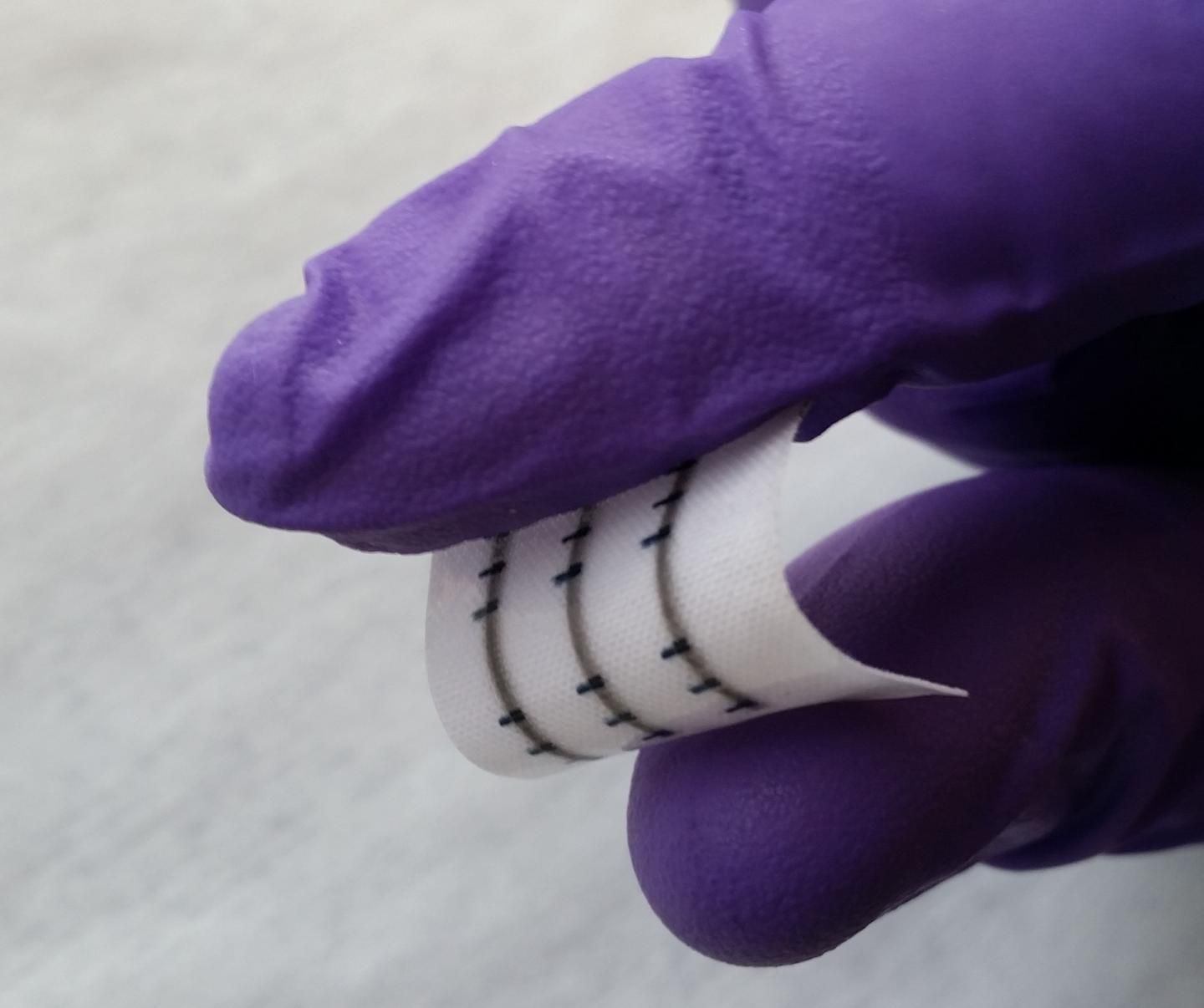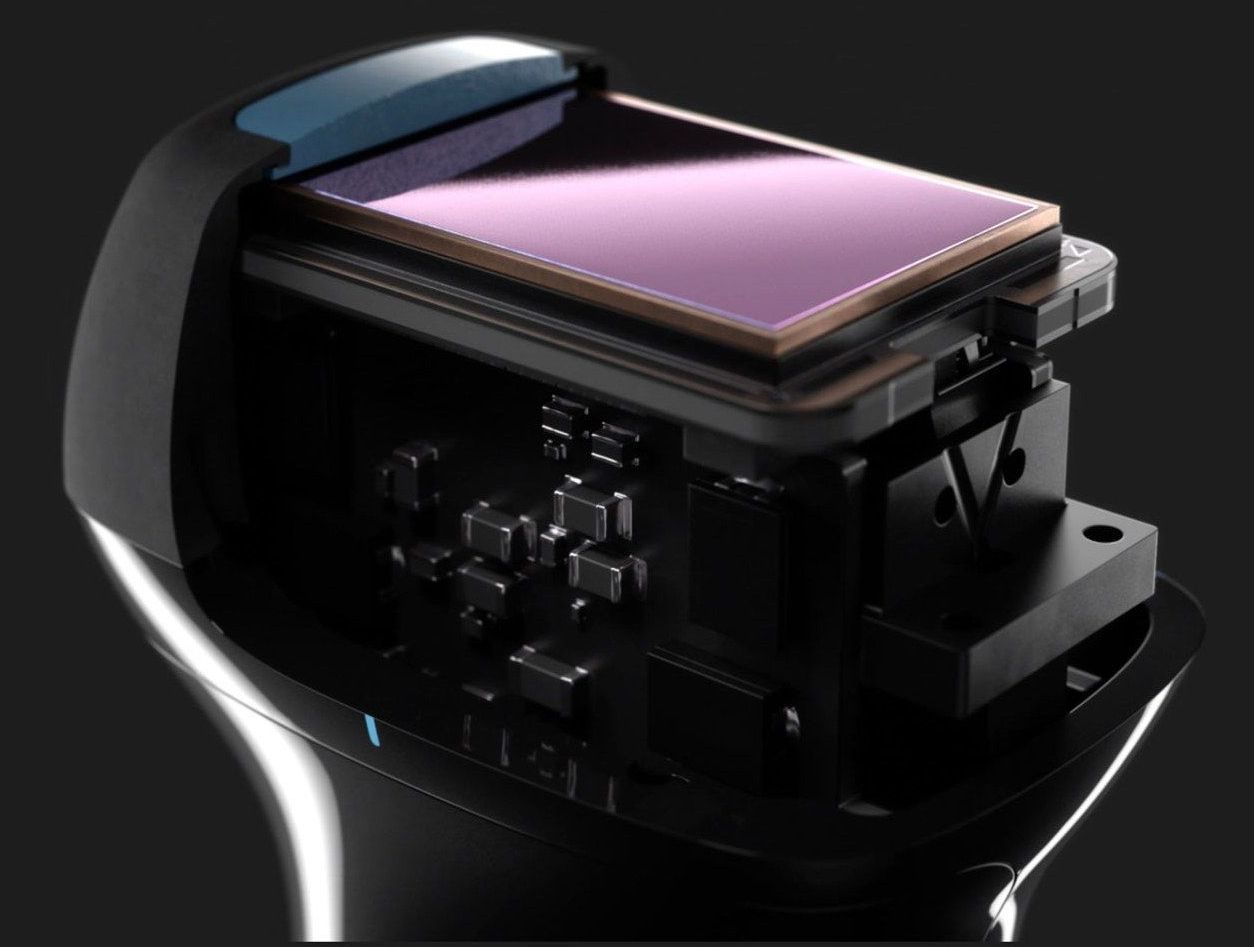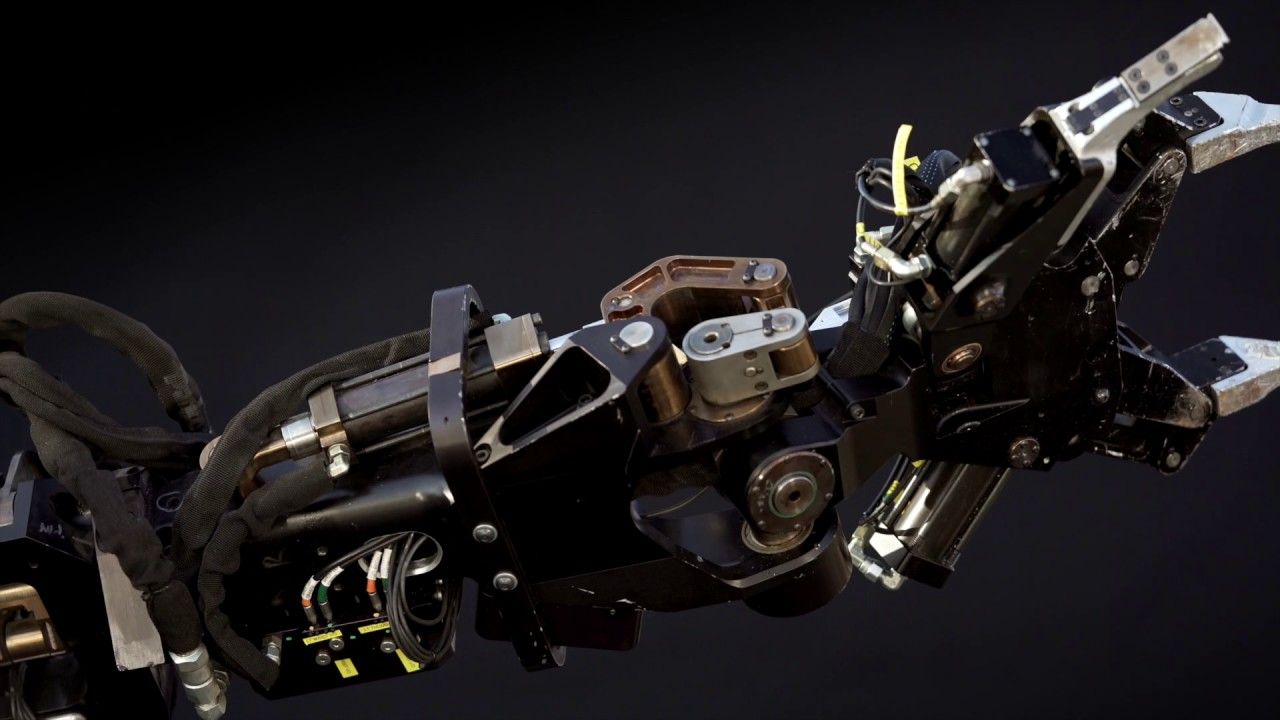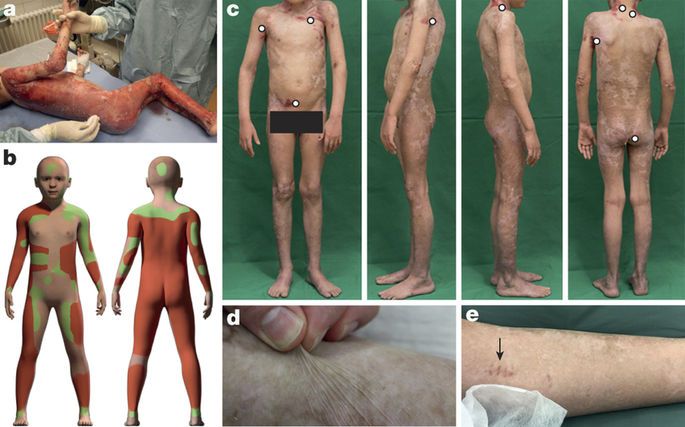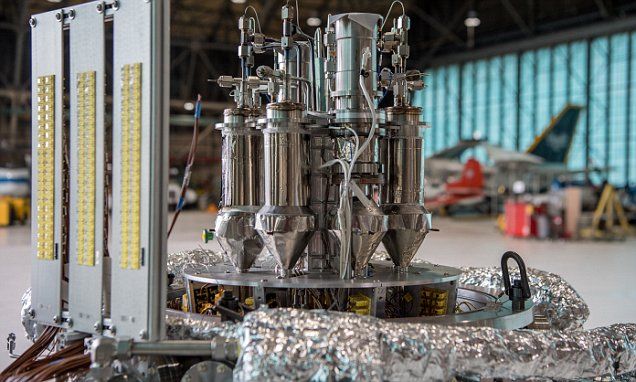Nov 15, 2017
Here’s How to Get to Conscious Machines, Neuroscientists Say
Posted by Shailesh Prasad in categories: entertainment, robotics/AI
Like most cerebral movies, Ex Machina leaves the conclusion up to the viewer: was Ava actually conscious? In doing so, it also cleverly avoids a thorny question that has challenged most AI-centric movies to date: what is consciousness, and can machines have it?
Hollywood producers aren’t the only people stumped. As machine intelligence barrels forward at breakneck speed—not only exceeding human performance on games such as DOTA and Go, but doing so without the need for human expertise—the question has once more entered the scientific mainstream.
Are machines on the verge of consciousness?
Continue reading “Here’s How to Get to Conscious Machines, Neuroscientists Say” »

